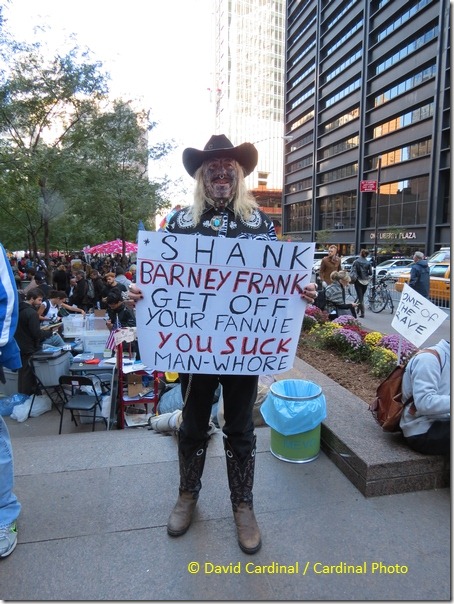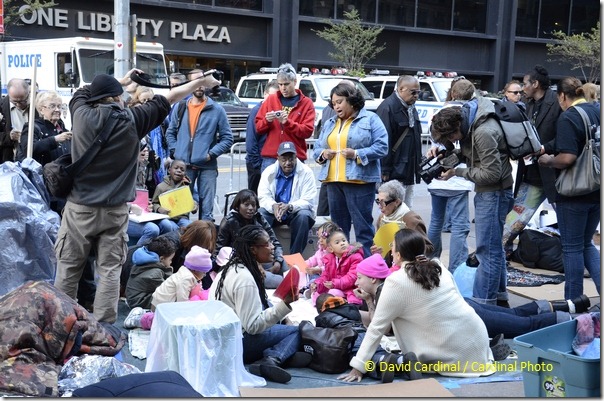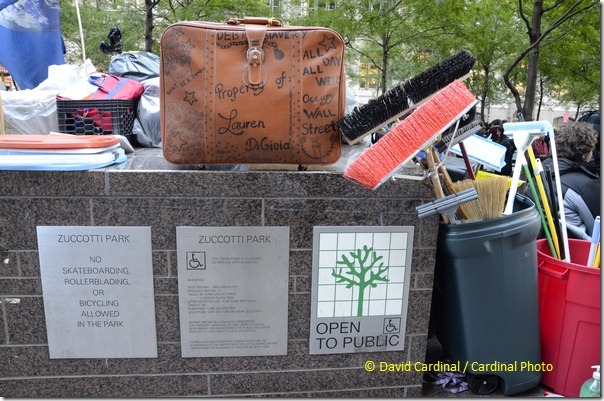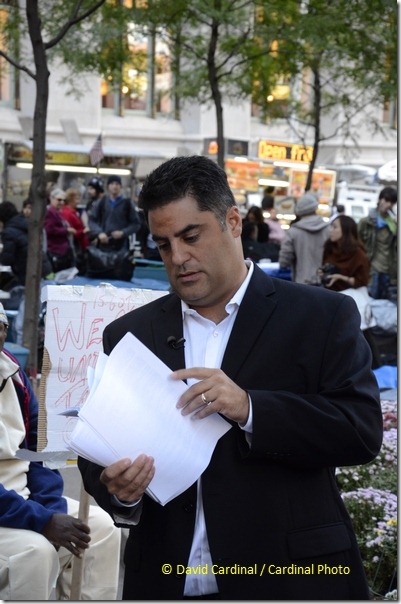- Photo Safaris
- Alaska Bears & Puffins World's best Alaskan Coastal Brown Bear photo experience. Small group size, idyllic location, deluxe lodging, and Puffins!
- Participant Guestbook & Testimonials Candid Feedback from our participants over the years from our photo safaris, tours and workshops. We don't think there is any better way to evaluate a possible trip or workshop than to find out what others thought.
- Custom Photo Tours, Safaris and Personal Instruction Over the years we've found that many of our clients & friends want to participate in one of our trips but the dates we've scheduled just don't work for them or they'd like a customized trip for their family or friends.
- Myanmar (Burma) Photo Tour Myanmar (Burma) Photo Tour December 2017 -- with Angkor Wat option
- Reviews Go hands-on
- Camera Reviews Hands-on with our favorite cameras
- Lens reviews Lenses tested
- Photo Accessories Reviews Reviews of useful Photo and Camera Accessories of interest to our readers
- Useful Tools & Gadgets Handy tools and gadgets we've found useful or essential in our work and want to share with you.
- What's In My Camera Bag The gear David Cardinal shoots with in the field and recommends, including bags and tools, and why
- Articles About photography
- Getting Started Some photography basics
- Travel photography lesson 1: Learning your camera Top skills you should learn before heading off on a trip
- Choosing a Colorspace Picking the right colorspace is essential for a proper workflow. We walk you through your options.
- Understanding Dynamic Range Understanding Dynamic Range
- Landscape Photography Tips from Yosemite Landscape Photography, It's All About Contrast
- Introduction to Shooting Raw Introduction to Raw Files and Raw Conversion by Dave Ryan
- Using Curves by Mike Russell Using Curves
- Copyright Registration Made Easy Copyright Registration Made Easy
- Guide to Image Resizing A Photographers' Guide to Image Resizing
- CCD Cleaning by Moose Peterson CCD Cleaning by Moose Peterson
- Profiling Your Printer Profiling Your Printer
- White Balance by Moose Peterson White Balance -- Are You RGB Savvy by Moose Peterson
- Photo Tips and Techniques Quick tips and pro tricks and techniques to rapidly improve your photography
- News Photo industry and related news and reviews from around the Internet, including from dpreview and CNET
- Getting Started Some photography basics
- Resources On the web
- My Camera Bag--What I Shoot With and Why The photo gear, travel equipment, clothing, bags and accessories that I shoot with and use and why.
- Datacolor Experts Blog Color gurus, including our own David Cardinal
- Amazon Affiliate Purchases made through this link help support our site and cost you absolutely nothing. Give it a try!
- Forums User to user
- Think Tank Photo Bags Intelligently designed photo bags that I love & rely on!
- Rent Lenses & Cameras Borrowlenses does a great job of providing timely services at a great price.
- Travel Insurance With the high cost of trips and possibility of medical issues abroad trip insurance is a must for peace of mind for overseas trips in particular.
- Moose Peterson's Site There isn't much that Moose doesn't know about nature and wildlife photography. You can't learn from anyone better.
- Journeys Unforgettable Africa Journeys Unforgettable -- Awesome African safari organizers. Let them know we sent you!
- Agoda International discounted hotel booking through Agoda
- Cardinal Photo Products on Zazzle A fun selection of great gift products made from a few of our favorite images.
- David Tobie's Gallery Innovative & creative art from the guy who knows more about color than nearly anyone else
- Galleries Our favorite images
A morning with OWS: Why it is important that they don't have any demands
A morning with OWS: Why it is important that they don't have any demands
Submitted by David Cardinal on Wed, 10/19/2011 - 10:56
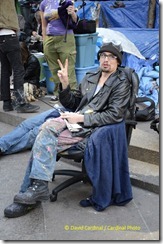 Our lives are bombarded 24x7 by talking heads on cable TV, op-ed pieces in the newspapers, and political ads telling how the world can solve its problems. And so far they haven't gained us much. So it is amazingly refreshing that the OWS (Occupy Wall Street) crowd has no specific goals. Instead, as an amalgam of at best loosely coupled ideas and initiatives, they have started a national conversation on topics that previously were confined to sound bytes and one-way lectures…
Our lives are bombarded 24x7 by talking heads on cable TV, op-ed pieces in the newspapers, and political ads telling how the world can solve its problems. And so far they haven't gained us much. So it is amazingly refreshing that the OWS (Occupy Wall Street) crowd has no specific goals. Instead, as an amalgam of at best loosely coupled ideas and initiatives, they have started a national conversation on topics that previously were confined to sound bytes and one-way lectures…
I'm not going to get into the politics of OWS, partially because from wandering around and talking to the squatters in Zuccotti Park it became clear that there was no single political platform, and partially because that misses the point of starting and having a conversation, which is to bring up issues and discuss them with an eye toward solving them for multiple different stakeholders -- instead of the fairly typical partisan response of toeing a party line.
I was not surprised to find booths promoting the labeling of GMOs (genetically modified organisms), better protection for the environment, support from labor unions, or a healthy dose of signs paying homage to "the other 99%." But I was surprised to find Lyndon LaRouche activists speaking and lobbying, and protesters dis-ing Barney Frank (using the sign pictured below which would have been at home at a tea party rally).
Logistically the OWS encampment is remarkably well organized, with a well-stocked, free and best of all, dry, library, a kitchen, camping areas, tables for activists, a welcome and information desk, a press desk, and a phone charging station. All this squished into a fairly small space with no amplification and just about no electricity. The oft-reported "mic checks" were a hoot to witness. After a loud call of "mic check" some ostensibly official person calls out the message, which is echoed by concentric circles of participants. Except that since there is no precise hierarchy sometimes people call out "mic check" for messages of their own. How far they get repeated is then a matter for the nearby folks to determine based on how enthusiastic they are about it.
What the protesters have been able to accomplish in the Park is a testament to what is possible in a self-organizing group. Decisions, such as they are, stem from a consensus-oriented General Assembly meeting each day. From there dozens of small volunteer groups and committees take charge of individual aspects of the effort.
The movement, if that is the right word for it, is suffering from some of the same teething pains the Tea Party did early on. With a lack of named leadership and a desire to keep everyone even-steven, there are some disgruntled folks and internecine strife. At least a few early supporters are feeling left out as "newbies" come along with more organizational experience and start strategizing on how best to cultivate the public and the press. Of course since the park is public and the movement has no legal authority, there is no way to keep these arguments from spilling out and across the park from time to time. They are at least a refreshing reminder of how democratic -- in the true sense of the word, not the way we use it today -- the movement has remained.
The situation is replete with ironies. I was particularly amused by the sign proclaiming “No Tourists Beyond This Point” which ostensibly protected a small area of the park for privacy. Of course this hand-printed cardboard sign carries no legal authority and is in contravention of the park’s status as “Open to Public,” but everyone appeared to be honoring it. This is indicative of the difficulty in creating true change. The OWS movement is designed to challenge the very framework of how we think about who deserves what, and in turn what they owe to society. But it has to do that within the framework it seeks to challenge. In my book, OWS is to be commended for getting a conversation started that tackles real issues, as a refreshing approach to political discourse and an alternative to the all too common talking point wars that substitute for real thinking on our airwaves and in our streets.
For all the criticism, the OWS approach has been uniquely effective. A relatively small group of dedicated people has, without resorting to violence, inspired not just a growing and nearly worldwide movement, but their coverage in the media has been increasing exponentially. Sometimes it seemed like there were nearly as many journalists and photographers at the Park as campers. And most of them were clearly confused about exactly how to cover the event. Some seemed intent on staging scenes they could then video or shoot, perhaps to confirm their pre-built storyline, while others were commiserating with each other about not knowing where to start. No one volunteered to be interviewed at the permanent CNBC booth while I was there. We caught Cenk Uygur of The Young Turks mumbling to himself and going over and over his notes -- looking less and less happy with them each time -- between some of his live video shoot:
For a visual tour of OWS, here are the photo highlights of our morning:
- Log in to post comments

